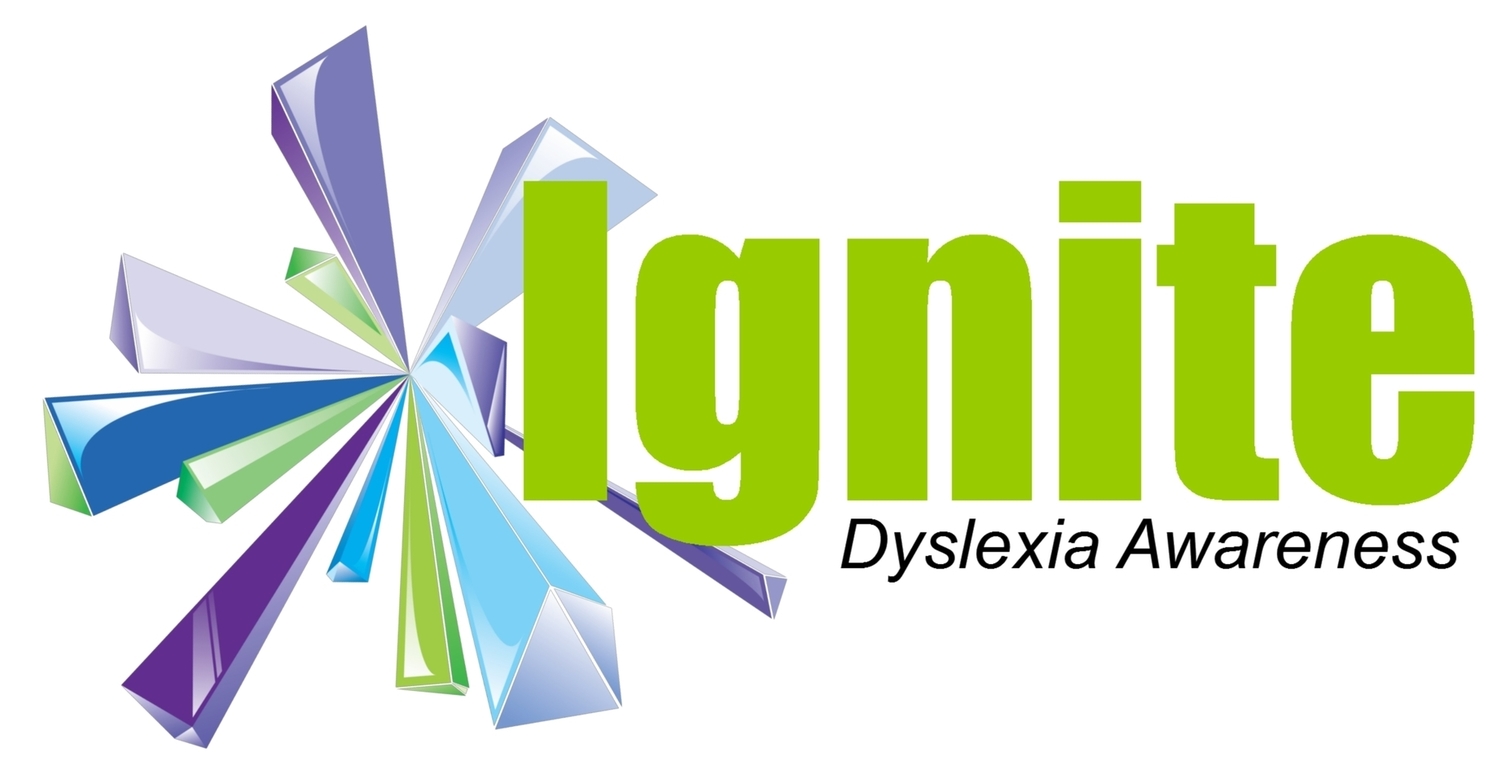“Dyslexia represents a paradox, particularly in our society where reading ability is often taken as a proxy for intelligence and it is assumed that if you are a good reader you are highly intelligent and if you struggle to read you must not be so smart. Dyslexia violates that assumption because people who are dyslexic are both highly intelligent and struggle to read.” - Dr. Sally Shaywitz
Dyslexia Screening Reports:
Importance of Identification - According to the National Center for Education Statistics, the high school dropout rate for students with learning disabilities is more than twice what it is for other students (36 percent compared with 14 percent).
Individuals may be tested as young as 5 1/2. Screening assessments are selected according to the age of the individual. Young children may be assessed for phonological processing and the ability to make sound/symbol associations.
Ignite can help determine if your child fits the dyslexia profile based an in-depth records review, examination of current schoolwork samples, information shared by you in a face-to-face interview, plus administer of 8 informal screening tools to determine if your child fits the dyslexia profile and has weaknesses in the areas listed in the research-based definition of dyslexia. Results of the screening will be reviewed in a face-to-face meeting with you, and you will leave with a concise parent friendly written report that lists the results, conclusion, and recommendations for tutoring and classroom accommodations.
Tutoring:
Finding a qualified tutor for your child who fits the profile of dyslexia can be an overwhelming prospect for parents. You are still reeling from the diagnosis that your child learns differently and you are not sure what to do next. You know the sooner you start getting your child help, the better it will be in the long run, but where, who, when? This is a multi-faceted challenge that includes such things as type of tutoring needed, degree of dyslexia, location, family schedules, financial considerations, school remediation programs being used, and other learning challenges.
Ignite offers one-on-one tutoring to close the gap between what the child needs to know and where they are right now. A student must receive at least two hours of one-on-one tutoring each week. More than two hours a week is fine. However, once a week is not enough for new skills to "stick." Ignite uses Barton Reading and Spelling System which is an Orton-Gillingham approach to reading, writing and spelling.
Ignite is here to help you demystify the process. Because each student is unique in their needs, we invite you to contact us directly. We suggest reading an excellent article by Susan Hall, Ed.D., "Finding a Good Reading Tutor for your Child with LD". -- http://www.greatschools.org/special-education/LD-ADHD/749-tutor-for-your-child-with-ld.gs.
By taking the time to read it prior to interviewing tutors, you will know how to determine if that tutor is right for you. Look for the following:
• Well-trained in effective instructional approaches.
• Plenty of prior experience tutoring children in reading.
• Good at working with children, including establishing rapport so that your child wants to go back.
Tutoring is a key component in the long-term success of your child so making the right decisions are very important. Seek guidance, take your time, don’t cut corners in the interview process, and listen to your gut. Remember: No one knows your child better than you do.
